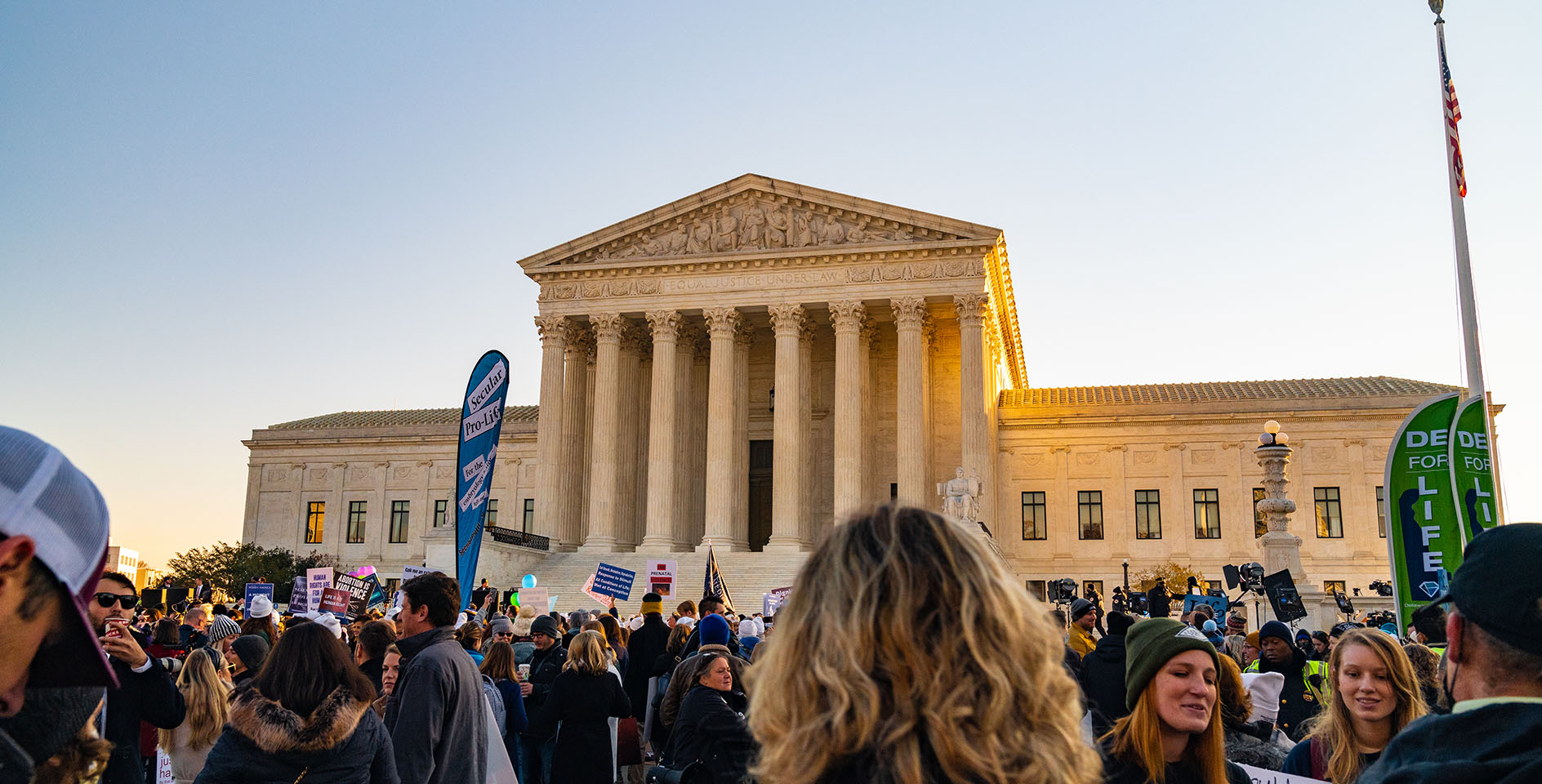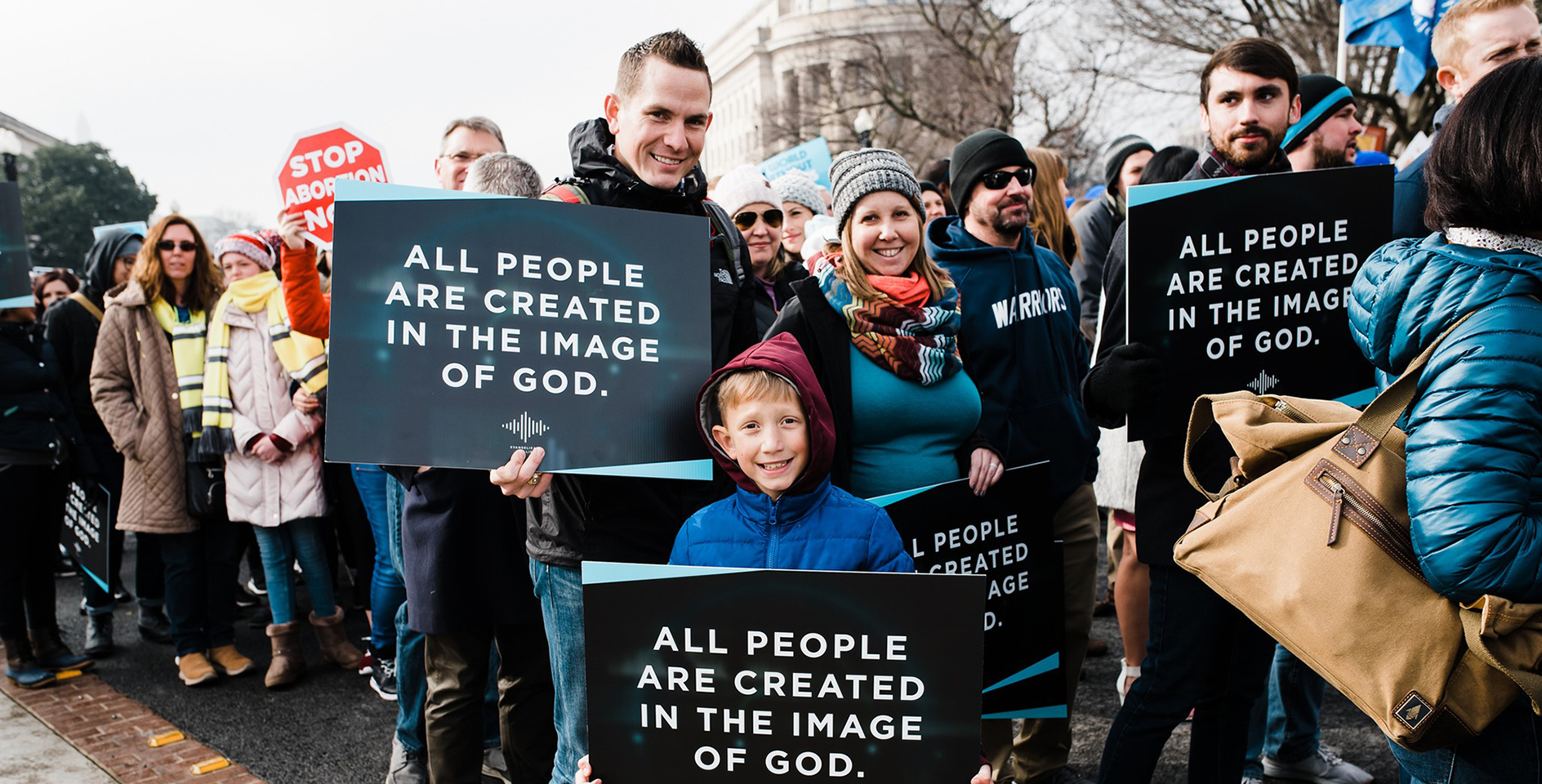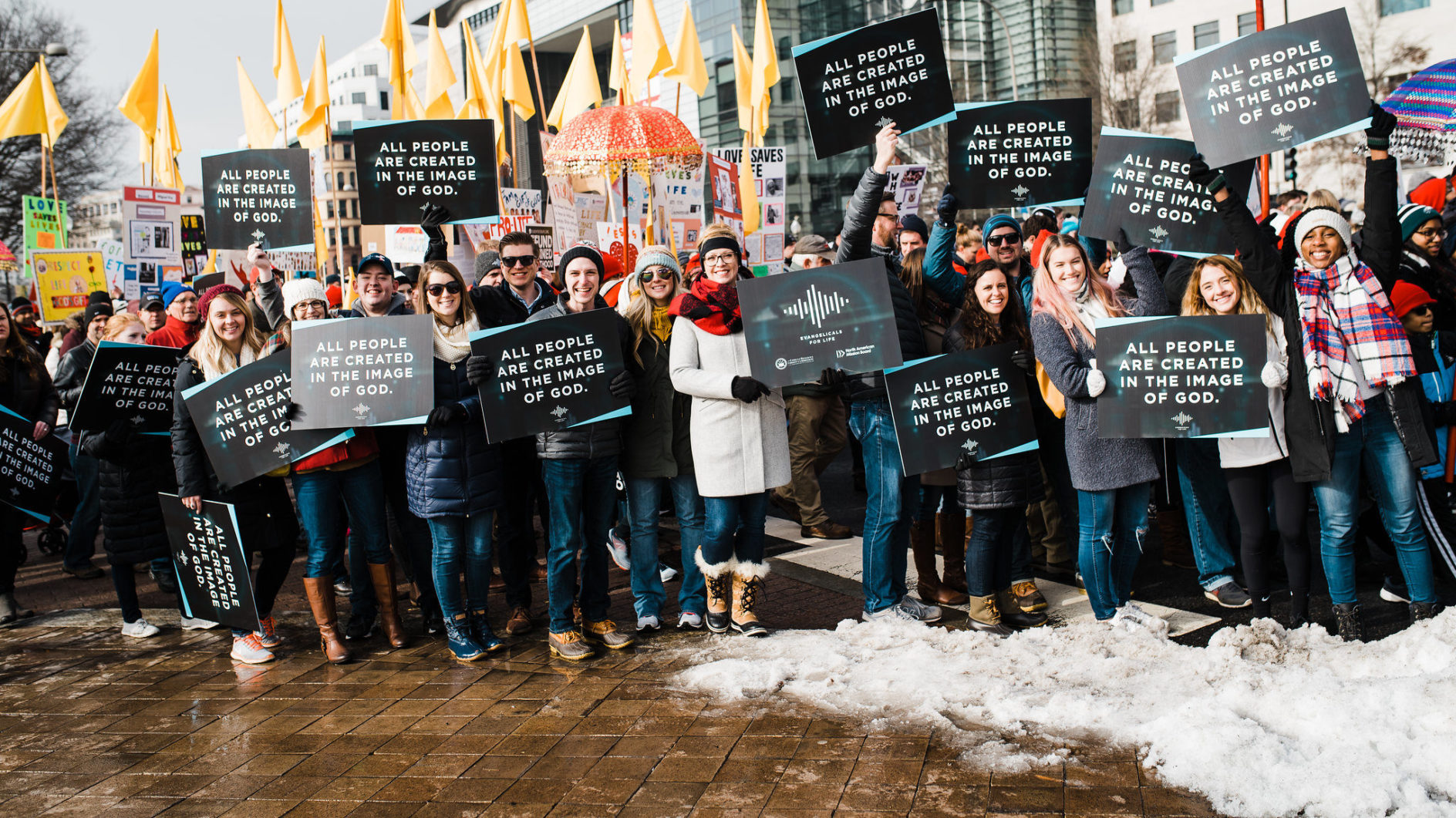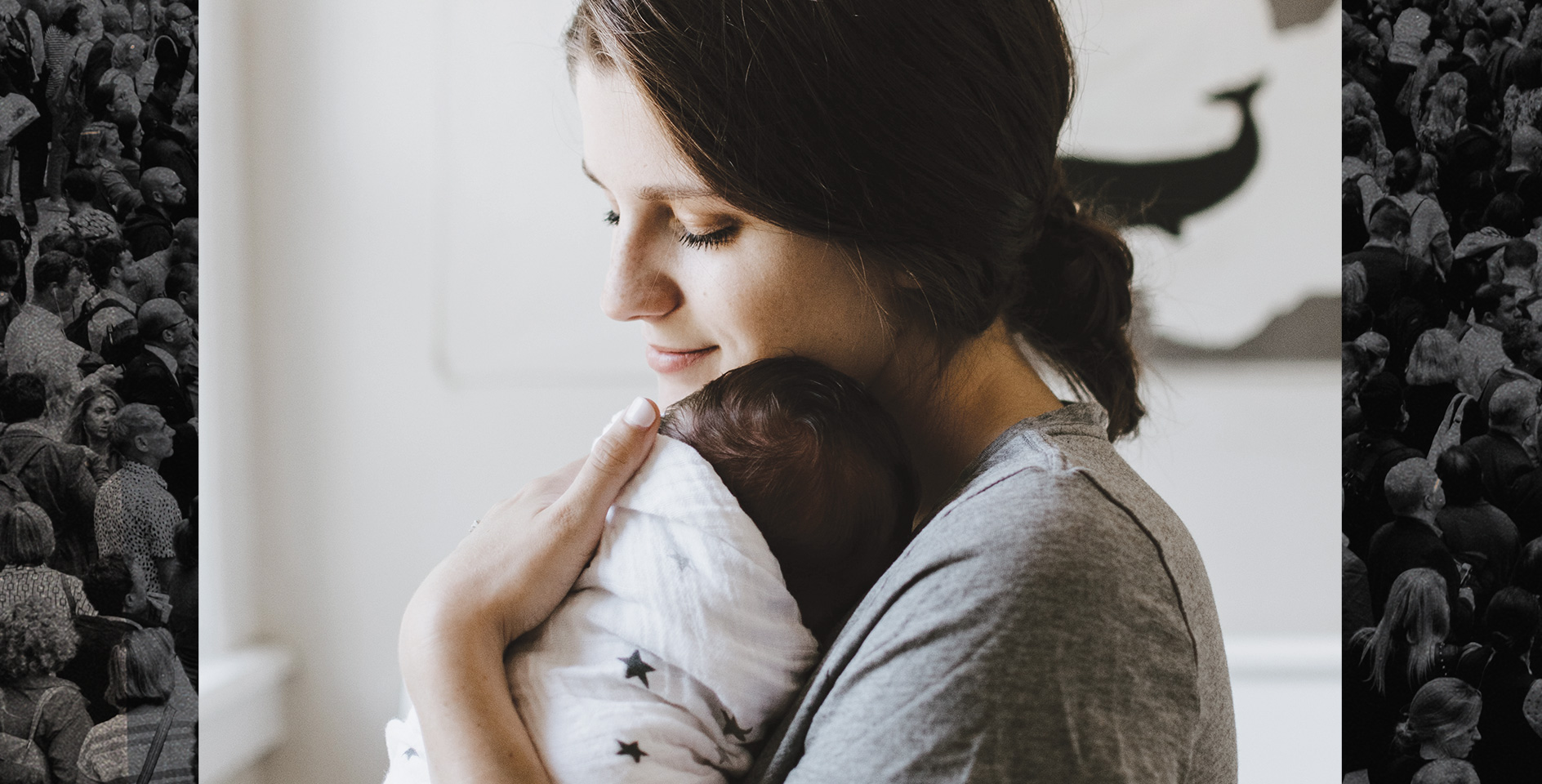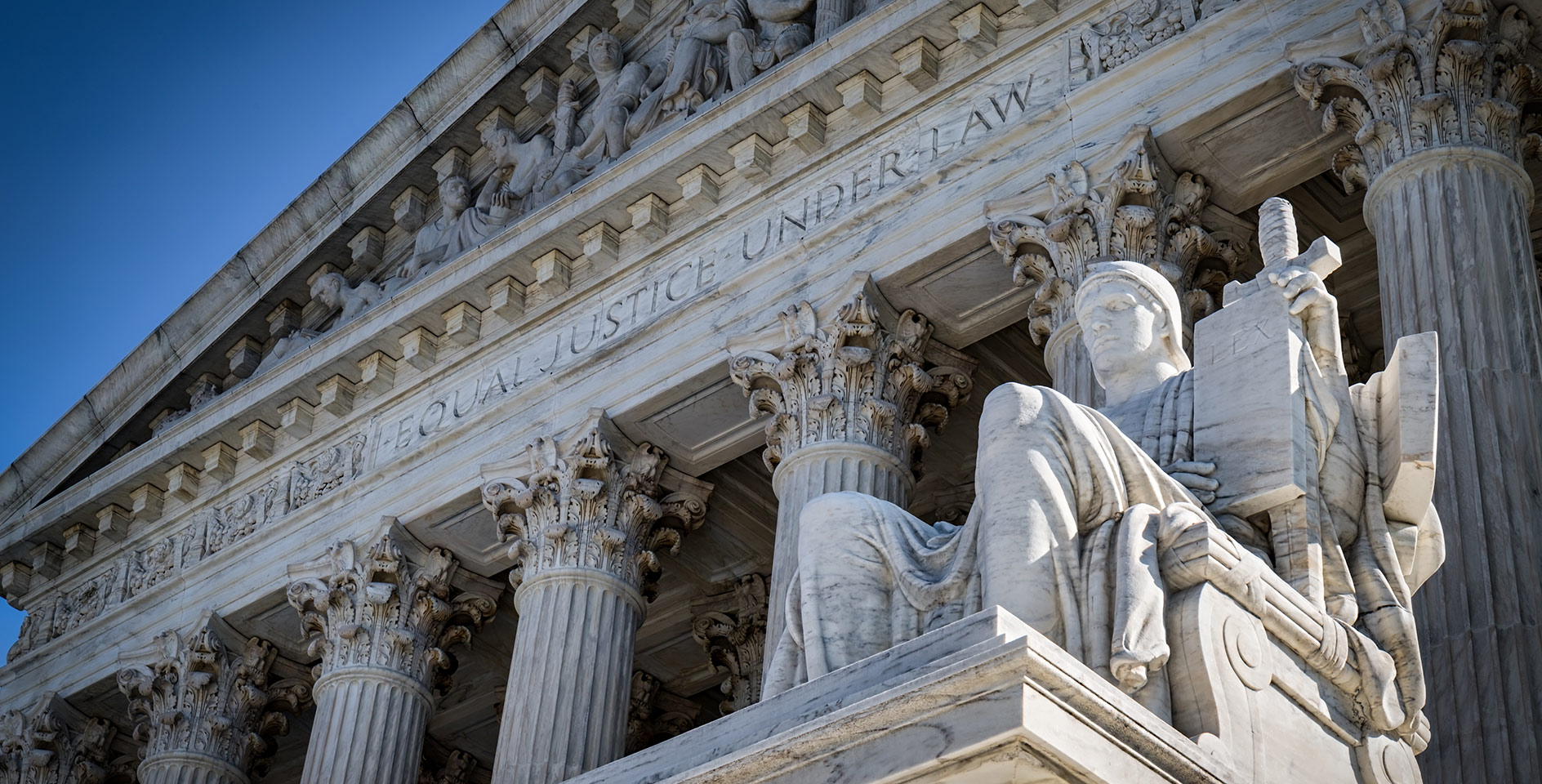The Supreme Court heard oral arguments on Wednesday in Dobbs v. Jackson Women’s Health Organization, a case that many have called “a once-in-a-generation opportunity” for the justices to overturn Roe v. Wade.
During oral arguments, an attorney for each side of a case is given the opportunity to make a presentation to the court and answer questions posed by the justices. Before this process begins, each side in the case submitted a written legal argument outlining each party’s points of law. The justices will have read these briefs prior to argument and are thoroughly familiar with the case, its facts, and the legal positions that each party is advocating. As the Supreme Court website notes, “The arguments are an opportunity for the Justices to ask questions directly of the attorneys representing the parties to the case, and for the attorneys to highlight arguments that they view as particularly important.”
Oral arguments are not a requirement for a Supreme Court case. In fact, only about 53–70% of cases accepted by the court each year include oral arguments. But oral arguments provide the public their first glimpse into what issues or concerns the justices consider most relevant. Observers of the court must be cautious, though, because it’s difficult to impossible to tell how a case will be decided based only on this process.
Issues raised by the justices
Still, oral arguments can sometimes reveal trends that show how the judges might be thinking about a case. Here, for example, are some of the issues raised by the various justices:
As the first to ask a question, Justice Thomas set the tone early in the hearing by asking what difference it makes that “this is the only constitutional right that involves the taking of a life.” This allowed Scott Stewart, the solicitor general of Mississippi, to note how problematic and unusual it is and how much of a break the court’s abortion jurisprudence is from those other cases.
Thomas also asked a question that seemed to be on the minds of many of the justices: If the Court doesn’t overrule Roe v. Wade and Casey v. Planned Parenthood, what standard should replace the viability standard (i.e., allowing abortion to be nearly unrestricted until the child can live outside the womb). Stewart says it is likely to be the undue burden standard, which holds that a legislature cannot make a particular law too burdensome or restrictive of a person’s fundamental rights. This is the standard — which Stewart argues is increasingly unworkable — the courts have used to access state-level abortion restrictions.
Justice Breyer and Sotomayor expressed concerns that overturning Roe and Casey could be seen as politically motivated by the court and could undermine the legitimacy of the institution. Sotomayor also dismissed concern about fetal pain as “not well founded in science at all” and asked how the state of Mississippi’s interest in the unborn could be based on “anything but a religious view.” To this last point, Justice Kagan inserted an indirect rebuttal by asking if there are “secular philosophers and bioethicists who take the position that the rights of personhood begin at conception or at some point other than viability.” This allowed Stewart the opportunity to note that when life begins is not merely a matter of religion.
Justice Alito also asked if viability was a nonarbitrary standard, but Julie Rikelman, a lawyer representing Jackson Women’s Health Organization, was unable to provide a compelling argument for keeping the standard. Her reasoning was that abortion was a fundamental right, and in the Casey decision the “Court had to set a line between conception and birth, and it logically looked at the fetus’s ability to survive separately as a legal line because it’s objectively verifiable and doesn’t require the Court to resolve the philosophical issues at stake.”
Justice Roberts also appeared to be interested in why the viability standard should be maintained. He asked Ricklman about why a 15-week ban would remove a woman’s choice to have an abortion since she would have almost four months to terminate the pregnancy. Ricklman never directly answered the question but implied that that a 15-week ban would prevent some women from getting an abortion.
Justice Barrett pointed out that because of safe haven laws, which allow a woman to give up her child soon after birth, the consequences of abortion are limited to the time of pregnancy, and not necessarily afterward. Rickelman attempted to claim that being forced to carry a child to term was both an imposition during and after pregnancy, but she was unable to make an argument for why that was true.
Several of the justices also brought up the issue of stare decisis, the principle that courts will follow their previous decisions. For instance, Elizabeth B. Prelogar, the solicitor general of the United States, was asked by Justice Alito if her argument was that a case can never be overruled simply because it was egregiously wrong. Alito even asked whether in infamous Plessy v. Ferguson, which upheld the constitutionality of racial segregation, should have been overturned merely because it was “egregiously wrong.” Prelogar eventually conceded that it could not and that, “This Court, no, has never overruled in that situation just based on a conclusion that the decision was wrong.”
Now that oral arguments are completed, the court will spend the next few months researching and deliberating about this case. The final decision on what could be a watershed case in American jurisprudence will likely come at the end of next June



